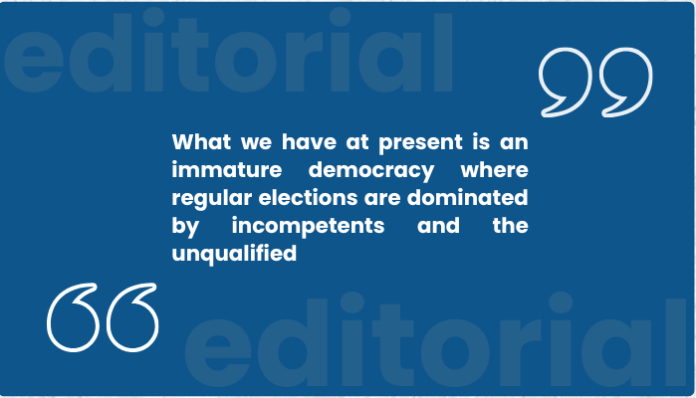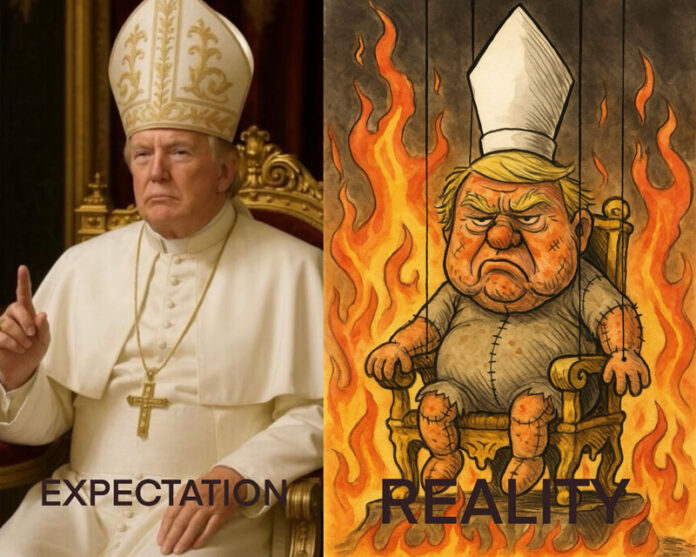The unrepentant cynics will no doubt dismiss Philippine elections as a colossal waste of time and effort. Why?
Because, as our experience has shown, only those with enough money can pursue an election campaign, whether at the national or local levels. They will have to shell out adequate funds for their campaign staff, election materials, political sorties in various places, and perhaps for vote-buying.
On the other hand, the same cynics will belittle the majority of voters who fail to closely examine whether the politicians who seek their votes are truly sincere in their quest for public office, or have the necessary qualifications, such as education, training and experience in their chosen fields.
If voters rely mainly on name recall or popularity of candidates, then the electorate cannot really expect them to deliver results, whether in lawmaking or policy/program implementation.
Our Constitution, after all, gives wide leeway for the aspiring politicians as well as those of voting age to take part in regular political exercises.
Besides these Constitutional provisions, there are other mechanisms for the citizenry to freely exercise their right of suffrage.
Republic Act 9189, or the Overseas Absentee Voting Act of 2003, gives an immigrant or permanent resident who is recognized as such in Article V of the 1987 Constitution guarantees that the right of suffrage may be exercised by all citizens of the Philippines not otherwise disqualified by law.
No literacy, property or other substantive requirement is imposed on the exercise of suffrage.
Further on, the fundamental law says Congress should provide a system for the secrecy and sanctity of the ballot.
Congress has also designed a procedure for the disabled for the disabled and the illiterates to vote without the assistance of other persons.
They are now allowed to vote under existing laws and such rules as the Commission on Elections has promulgated to protect the secrecy of the ballot.
The same Constitution allows wide leeway for prospective candidates to seek public office.
While Section 26 of Article II or State Policies provides that the State shall guarantee access to opportunities for public service, and prohibit political dynasties as may be defined by law, it left it to Congress to pass an enabling law, thereby allowing political dynasties to rule the roost and monopolize public office from the highest to the lowest levels.
This is unfortunate.
What we have at present is an immature or even deviant democracy where regular elections are dominated by incompetents and the unqualified, on the one hand, and an electorate that cannot separate the chaff from the grain.
And it looks like, given this situation, our democracy is now in a deep, dark hole from which there’s little hope for light to shine through, unless the intelligent and the upright among the voters make their voices heard loud and clear on May 12.
Go out and vote
for the truly honest and competent candidates, and spare the nation from the hopeless dimwits, irredeemable charlatans and the incorrigibly corrupt.








